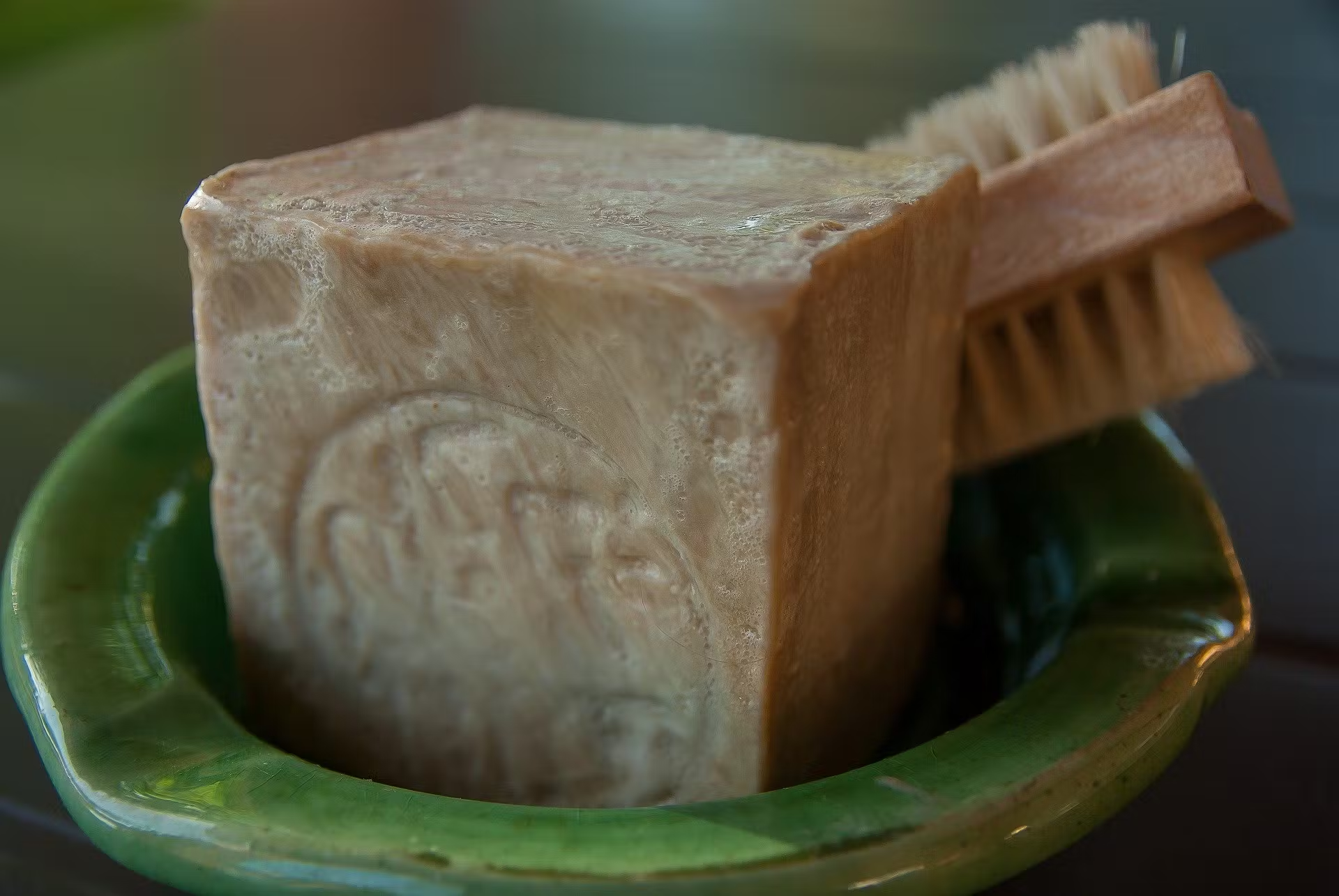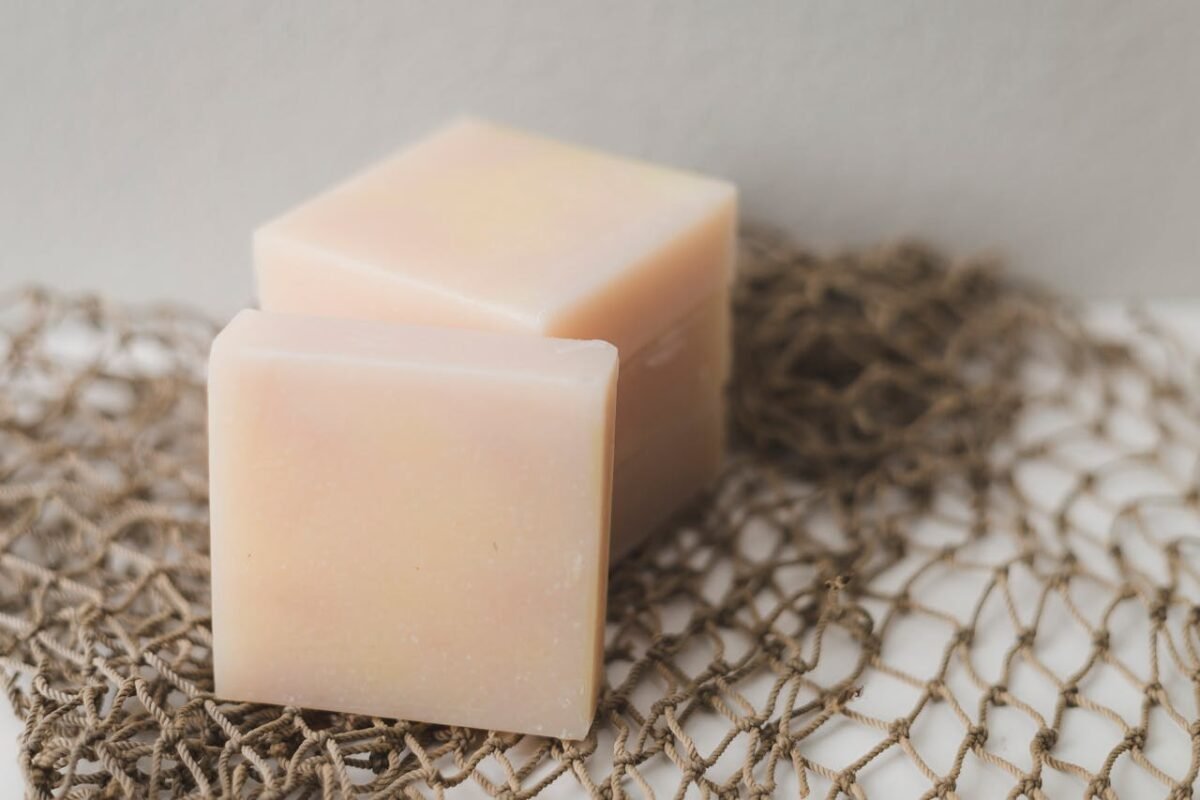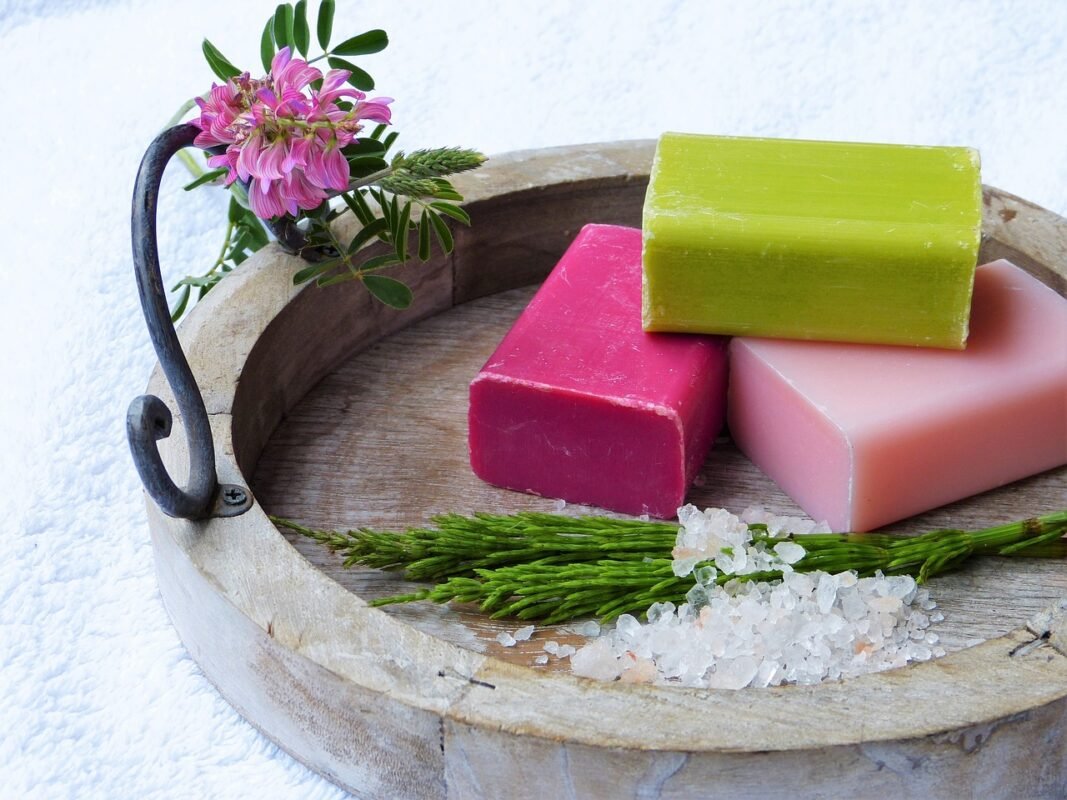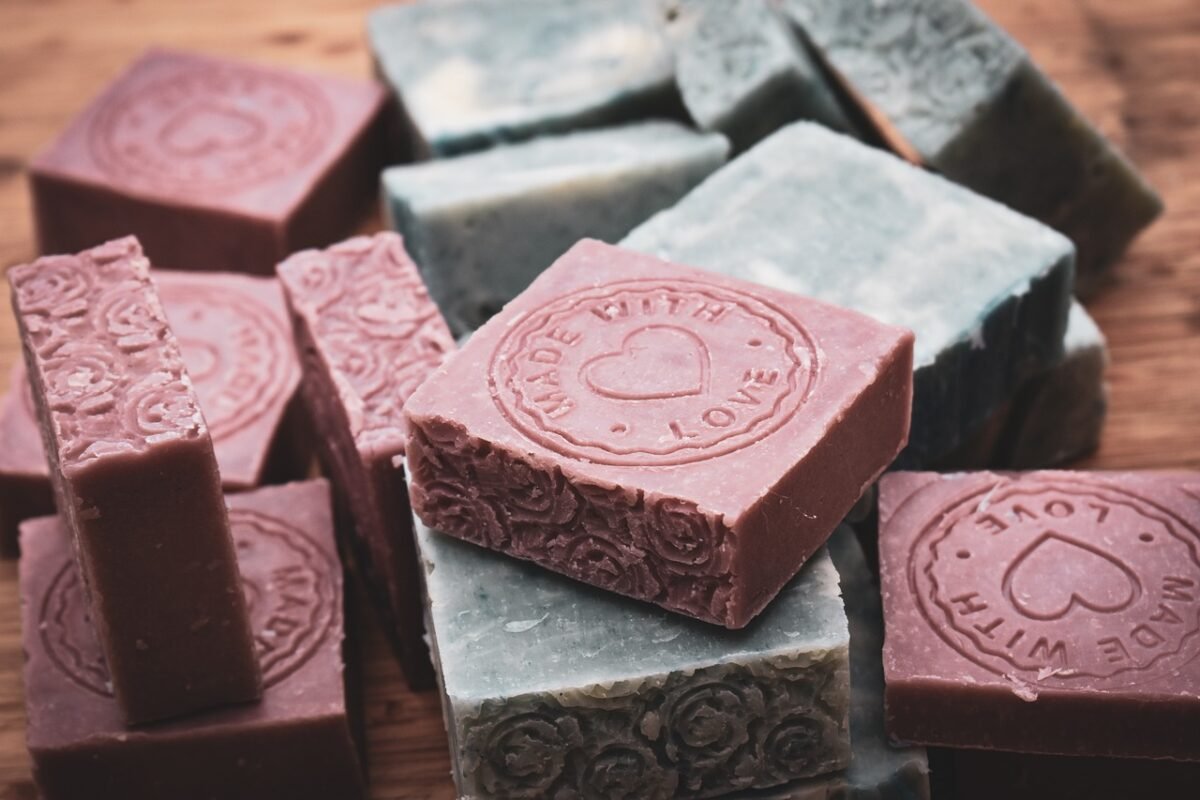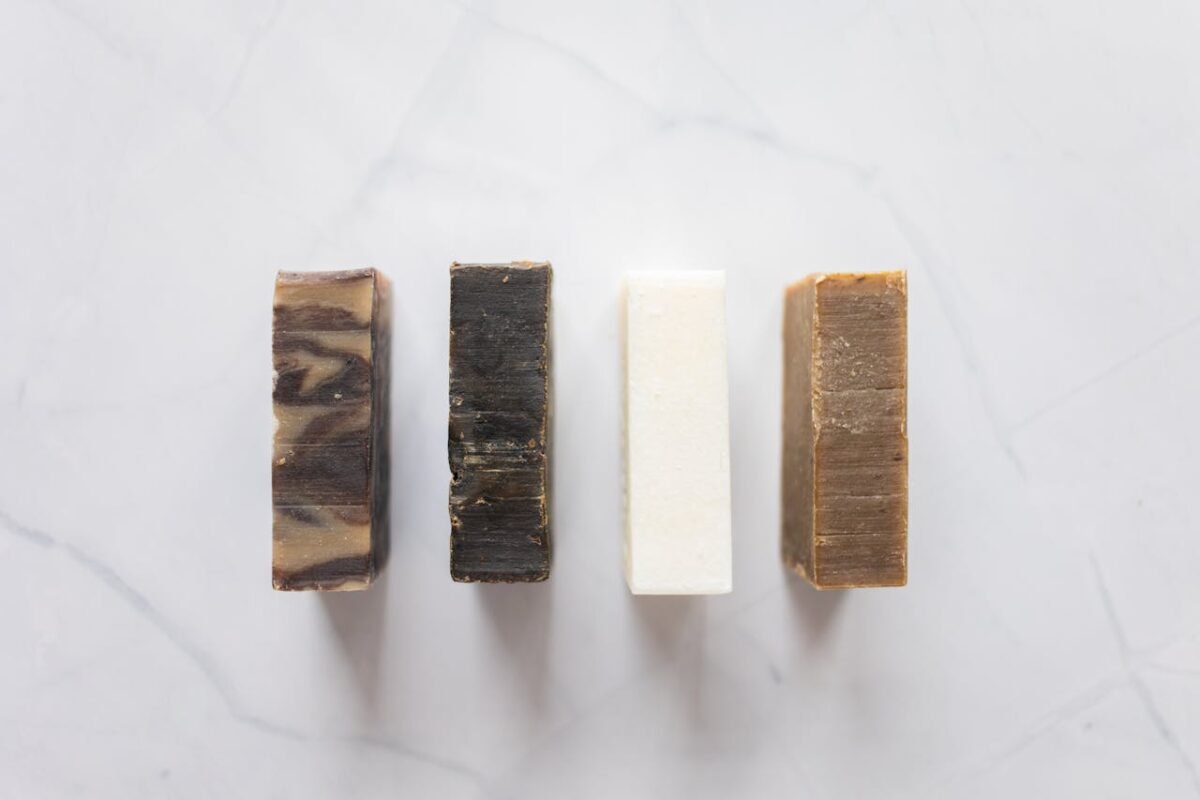Soap is one of the most essential products we use daily, playing a crucial role in personal hygiene and public health. But how did the use of soap begin? What developments has it undergone over the centuries? In this blog, we’ll explore the history of soap from its ancient origins to its diverse modern forms.
The Beginnings of Soap in Ancient Times:
1. Babylonian Civilization:
The earliest known record of soap dates back to around 2800 BC in ancient Babylon. According to cuneiform inscriptions, the Babylonians created a soap-like substance using a mixture of animal fats, water, and ashes. They used this mixture not only to clean their bodies but also to wash clothes and textiles.
2. Ancient Egypt:
In ancient Egypt, Egyptians used a blend of vegetable oils and animal fats mixed with alkaline salts to create a soap-like substance. This material was used for skin and hair care as well as in religious rituals and purification practices. The Ebers Papyrus, a medical document from around 1500 BC, records the use of soap-like materials for treatment and hygiene.
3. Ancient Rome:
The Romans became familiar with soap through their medical and cosmetic traditions. According to legend, the word “soap” derives from Mount Sapo, where animal sacrifices were performed. The resulting fats mixed with ashes on the slopes, leading to the discovery of the mixture’s cleansing properties. Romans used soap to clean their bodies and clothes and had public baths that featured soap made from oils and ashes.
- Soap Making in the Middle Ages:
1. Medieval Europe:
During the Middle Ages, soap making flourished in the Mediterranean regions, especially in Spain and Italy. Marseille in France became renowned for producing high-quality soap using olive oil and alkaline ashes. Soap making gradually spread to Northern Europe, where animal fats were used instead of vegetable oils.
2. The Islamic World:
In the Islamic world, soap making developed significantly. Arabs were the first to use vegetable oils such as olive oil and laurel oil to make soap, producing various types. This knowledge spread through trade and the Crusades to Europe, enhancing the quality of European soap.
- The Industrial Revolution and Soap Production:
1. 18th Century:
The 18th century saw significant advancements in soap production with the Industrial Revolution. Machines were introduced to improve production and scale. French chemist Nicolas Leblanc pioneered this field by discovering a method to convert ordinary salt into soda ash, a crucial alkaline component in soap making.
2. 19th Century:
By the 19th century, soap manufacturing had advanced further, and large companies began to emerge. Andrew Pears founded Pears Soap in 1839, which became famous for producing pure and transparent soap using glycerin. Around the same time, William Colgate established his company in the United States, which later evolved into Colgate-Palmolive.
- Soap in the Modern Era :
1. Types of Soap:
In contemporary times, the variety of soaps has expanded significantly to cater to different consumer needs. There are bar soaps, liquid soaps, natural soaps, therapeutic soaps, and even handcrafted soaps. Each type comes with various formulations and ingredients; some contain moisturizers and natural oils, while others include chemicals for deep cleansing.
2. Natural Soap:
Interest in natural soap has surged in recent years due to growing concerns about harmful chemicals and environmental impact. Natural soaps are made entirely from natural ingredients like vegetable oils and essential oils, making them safer for the skin and more environmentally friendly. Numerous small and medium-sized businesses have emerged to meet the rising demand for natural products.
- Benefits of Natural Soap:
- Free from Harmful Chemicals:
Natural soap does not contain harsh chemicals like parabens, sulfates, and phthalates, which can irritate the skin and cause allergies.
- Moisturizing:
Many natural soaps include moisturizing ingredients such as olive oil, shea butter, and coconut oil, which nourish and hydrate the skin effectively.
- Suitable for All Skin Types:
Due to its natural ingredients, natural soap is gentle on the skin and can be used for all skin types, including sensitive and dry skin.
- Environmentally Friendly:
The production of natural soap is often sustainable and eco-friendly, using biodegradable ingredients that do not pollute the environment.
- Common Ingredients in Natural Soap:
Olive Oil: A natural moisturizer that helps nourish the skin.
Shea Butter: Contains vitamins A and E, acts as a moisturizer and anti-inflammatory.
Coconut Oil: Has antibacterial and antifungal properties and serves as an excellent moisturizer.
Lavender Oil: Provides soothing and antibacterial benefits, ideal for irritated skin.
Tea Tree Oil: Known for its antibacterial and antifungal properties, used to treat acne.
- How to Use Natural Soap:
- For Dry Skin: Choose soaps with shea butter or olive oil to maintain hydration.
- For Sensitive Skin: Look for soaps with soothing ingredients like lavender oil or aloe vera.
- For Oily Skin: Use soaps containing tea tree oil to control excess oil and prevent acne.
- Therapeutic Soap:
Therapeutic soap contains active ingredients targeting specific skin issues. This type of soap can include components like sulfur, salicylic acid, and zinc, which help treat acne, eczema, and psoriasis. It is particularly beneficial for individuals with chronic skin conditions.
1. Benefits of Therapeutic Soap:
- Acne Treatment: Therapeutic soap with ingredients such as salicylic acid or sulfur can help reduce acne by cleansing pores and minimizing bacteria.
- Soothes Eczema and Psoriasis: Some therapeutic soaps contain colloidal oatmeal or tar to calm the skin and reduce irritation.
- Antibacterial and Antifungal: Therapeutic soaps may include ingredients like tea tree oil or zinc with antibacterial and antifungal properties, aiding in the treatment of skin infections.
- Exfoliation: Some therapeutic soaps have natural exfoliants to remove dead skin cells and promote skin renewal.
2. Common Ingredients in Therapeutic Soap:
- Salicylic Acid: Helps exfoliate the skin and treat acne.
- Sulfur: Acts as an antibacterial and antifungal agent, effective in treating acne.
- Colloidal Oatmeal: Soothes the skin, used in treating eczema.
- Zinc: Possesses antibacterial properties, used in treating skin infections.
- Tea Tree Oil: Antibacterial and antifungal, used for treating acne and infections.
3. How to Use Therapeutic Soap:
- For Acne: Use soap with salicylic acid or sulfur twice daily to cleanse the skin and prevent breakouts.
- For Eczema: Opt for soap containing colloidal oatmeal or tea tree oil, and use gently without rubbing irritated skin.
- For Skin Infections: Look for soap with zinc or sulfur, and use as directed by a healthcare professional or manufacturer.
Both natural and therapeutic soaps offer substantial benefits for the skin, providing safe and effective options for skincare and addressing specific skin issues. By understanding the ingredients and benefits of each type, you can choose the most suitable soap for your needs and maintain a healthy, safe skincare routine.
From its humble beginnings in ancient Babylon and Egypt, to its advanced production in the Middle Ages, and its industrial development in modern times, soap has played a vital role In human life. With the vast array of types and ingredients available today, everyone can find a soap that meets their unique needs. As we move towards a future that is more health-conscious and environmentally aware, natural and therapeutic soaps remain at the forefront of safe and effective skincare options.

